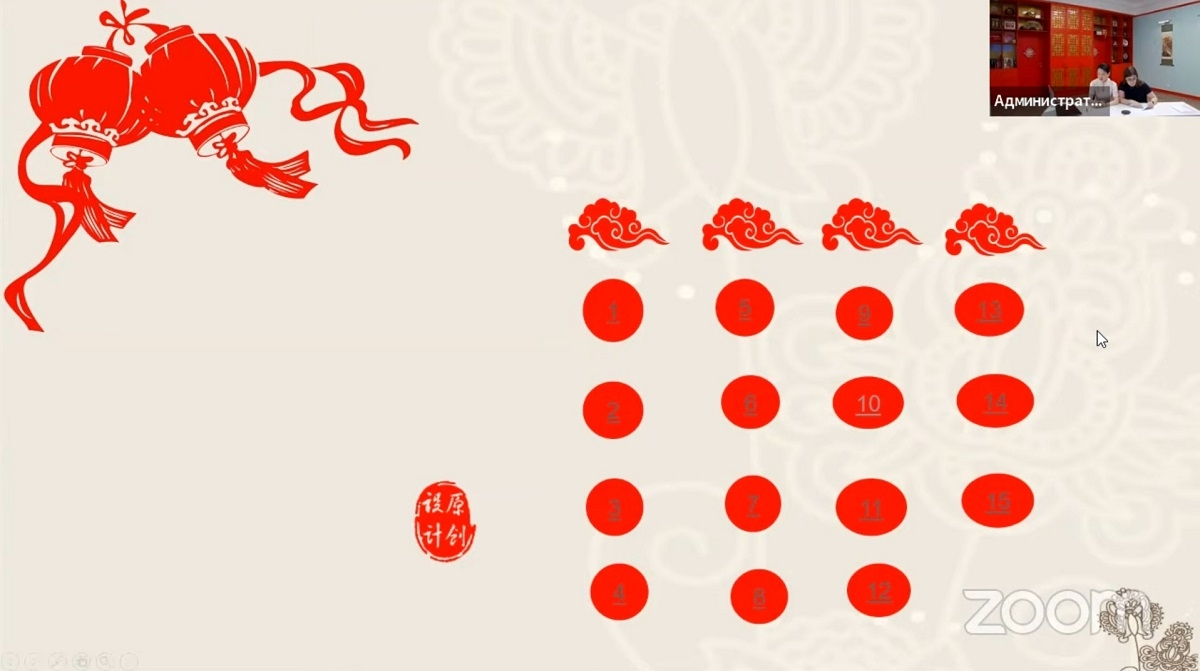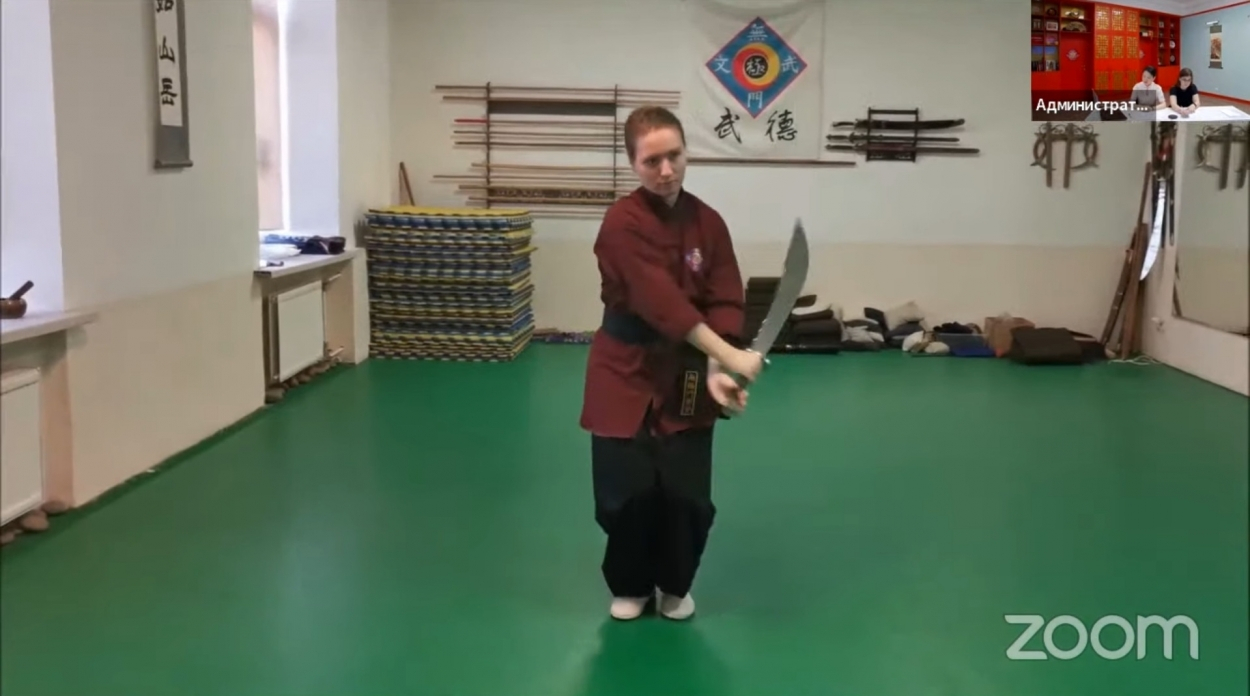Students of St Petersburg University perform well in the regional stage of "The Chinese Bridge" contest
The regional stage of the world student contest "The Chinese Bridge" has been held at St Petersburg. The best students from different universities in the city qualified for the all-Russian stage of the contest.

The winner of the contest was Daria Ostanina, who studies in the field "Asian and African Studies" at St Petersburg University. She also was first in the Best Artistic Performance category. Additionally, two University students shared third place: Mariia Leushina, a student in the Chinese Philology programme, and Iulia Shokhina, a student in the International Relations programme.
Alexey Rodionov, Senior Deputy Dean of the Faculty of Asian and African Studies and Associate Professor in the Department of Chinese Philology at St Petersburg University, reminded the jury that this year it was the 21st time the contest was held.
I am convinced that the impulses and reasons that lead to a growing interest in the Chinese language are only becoming stronger. I therefore see the greatest prospects in the study of the Chinese language in Russia. I am sure that today’s participants and winners will become accomplished professionals and make an important contribution to strengthening the friendship and cooperation between Russia and China.
Alexey Rodionov, a member of the jury, Senior Deputy Dean of the Faculty of Asian and African Studies and Associate Professor in the Department of Chinese Philology
"One world — one family" was the theme of this year’s contest. The first of the three stages of the contest was related to it: the participants had to prepare a monologue. The jury assessed pronunciation, grammatical construction of sentences, and the relevance of the theme of the monologue to the overall theme of the contest.
Then, the contestants demonstrated their creative talents: they recorded a video of their performances related to Chinese culture beforehand. The students recited poetry, sang and danced, and introduced the jury to new culinary recipes.

An oral impromptu speech was included in the third stage of the contest. Each participant chose a monologue topic on the screen and, after a minute’s preparation, had to demonstrate a competent oral speech. The jury also paid attention to timing.
The results of the contest were summed up by Taras Ivchenko, Jury Chair and Director of the Confucius Institute at the Russian State University for the Humanities. ’When you showed your homework, what mattered most to us was your pronunciation, fluency, and clarity of speech. When you demonstrated how you had mastered some Chinese art, we looked at how much you had shown yourself through it. The last one was improvisation: here not only the pronunciation was important, but also the logic, literacy of your speech; whether your speech was constructed correctly; how clear it was; and whether your arguments were convincing,’ Taras Ivchenko said to the contestants.
According to the rules of the contest, the first place was taken by one participant, the second by two, and the third by three. There were also two awards in separate categories.

